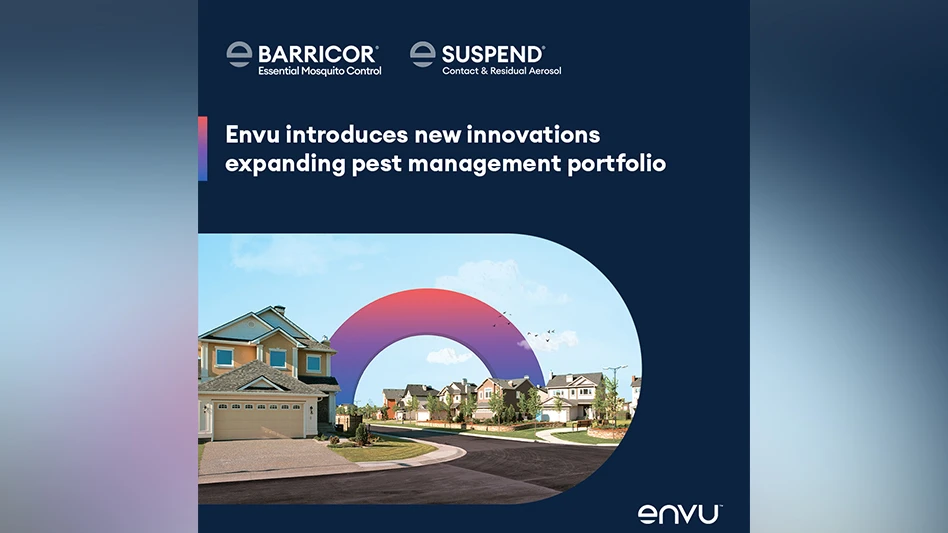Can You Hear Me Now? Moth Flies into Ear of Cardinals Slugger
 St. Louis Cardinals trainer Barry Weinberg, left, looks at the ear of Cardinals left fielder Matt Holliday during the eighth inning of a baseball game against the Los Angeles Dodgers Monday, Aug. 22, 2011, in St. Louis. Holliday left the game holding his ear. (AP Photo/Jeff Roberson) St. Louis Cardinals trainer Barry Weinberg, left, looks at the ear of Cardinals left fielder Matt Holliday during the eighth inning of a baseball game against the Los Angeles Dodgers Monday, Aug. 22, 2011, in St. Louis. Holliday left the game holding his ear. (AP Photo/Jeff Roberson) |
St. Louis Cardinals outfielder Matt Holliday had to leave an Aug. 22 game in the eighth inning after a moth flew into his right ear and became lodged in the ear canal.
Holliday rushed off the field in clear pain and tugging at his right ear after the event.
According to www.stltoday.com, a team official who spoke with the Cardinals' trainers said the left fielder was taken into a dark room in hopes that the moth would "seek light" and fly out of the ear on its own. That did not work. A trainer then had to use tweezers to reach deep into Holliday's ear and remove the insect. Team trainer Greg Hauck told a club spokesman that he had had a similar event in the minors. Holliday was not available for comment after the game, and the team official was not sure if Holliday would see a doctor or a specialist to determine if the moth did any damage while wedged inside his ear. The moth was still alive when they removed it from the left fielder's ear. Holliday was said to be feeling fine when he left the ballpark. He took the moth with him.
Holliday's moth experience was not the first time insects have interfered with a Major League Baseball game. Flash back to the October 2007 American League Division Series (ALDS) between the Cleveland Indians and New York Yankees. In the pivotal game two, a swarm of midges descended upon Cleveland's Jacobs Field. The midges seemed particularly attracted to Yankees rookie pitcher Joba Chamberlain. In the eighth inning of that game, the midge swarm was so thick that Chamberlain struggled to pick up his catcher's signals. Clearly distracted by the midges, Chamberlain uncorked a pair of wild pitches which led to the Indians tying the score 1-1. Cleveland eventually won the game 2-1, in 11 innings.
Each spring and fall, Cleveland's lakefront communities are invaded by midges, which only stay five to 10 days. They spawn in the lake when Lake Erie warms to around 60°F and then again in the fall when the lake cools. The 2007 ALDS game was played on an unseasonably warm October evening, which many believe is why the midges were out in full force that night.
|
UF Nature Trail Project Enables Smartphone Users to Hear Insect Sounds
Seven educational stations in UF's Natural Area Teaching Laboratory now feature signs marked with QR codes, the square, black-and-white patterns that are starting to appear in print advertising. By scanning the signs with a mobile device, visitors can access digital recordings of katydids and crickets native to the area. It may be one of the first uses of QR codes on nature trails anywhere in the U.S., says Jennifer Gillett-Kaufman, incoming chair of the laboratory and an assistant extension scientist with UF's Institute of Food and Agricultural Sciences. "It's a really cost-effective, easy way to add interactive content to natural areas," Gillett-Kaufman said. She estimated the cost of the first seven signs at about $26 total — the cost of a software application to produce QR codes and printing the signs. Additional QR code signs that link to videos, bird calls and other animal sounds will be posted this fall. And Gillett-Kaufman hopes to establish a program to allow visitors without mobile devices to borrow them for use on the trails. The signs include a URL visitors can use to access sounds online: http://natl.ifas.ufl.edu/SGNTpage.htm#QRtrail. The nature trails are located in the Natural Area Teaching Laboratory at the southwest corner of UF's main campus. The trail entrance is in a park west of the entomology building. |

Explore the September 2011 Issue
Check out more from this issue and find your next story to read.
Latest from Pest Control Technology
- How to Get Rid of Odorous House Ants
- Massey Services Promotes Herndon to Director of Sales for Multi-Family Division
- NPMA Announces First Recipients of NPMA PRO Certified Credential
- Pestmaster of the Hudson Valley Acquires Catskill Animal Damage Control
- Photo Slideshow: Ant Identification Tips
- Video: Top 10 PCT Photo Contest Finalists
- UF/IFAS Study Reveals Boats as Perfect Vessels for Global Termite Spread
- Pest Control Consultants (Iowa) Earns Pinnacle Performance Award
 Visitors to University of Florida nature trails can now hear an ancient form of communication — insect songs — using one of the latest communication technologies.
Visitors to University of Florida nature trails can now hear an ancient form of communication — insect songs — using one of the latest communication technologies.




